The generation that was once familiar with papers and notebooks is now the pioneering "digital citizens" in the community - not only learning to know, but also learning to help others enter the digital age.
Overcoming age barriers with a spirit of learning
At the age of 66, Mr. Nguyen Nhu That, Party Cell Secretary and Head of Ward 73, Tan Hung Ward (District 7) not only manages more than 550 households but is also the "digital transformation nucleus" of the locality. Every day, he still runs the Zalo group of the ward, sends notifications from the ward, receives feedback, and then synthesizes it using AI to prepare reports faster and more accurately.

The elderly are instructed on how to use smartphones, look up administrative procedures, and register for electronic identification.
"At first, I only knew how to use the phone to listen and call. But when I joined the Journey to Digital Technology class, I realized that digital transformation is not as far away as I thought. AI suggests and synthesizes information very quickly, I learn from it and gradually apply it to my work," Mr. That shared.
The work in the neighborhood is already a lot, now supported by technology, helping him save time while still ensuring progress. Thanks to that, documents and announcements from the ward to the people are all transferred during the day via Zalo groups, a way that is faster, more effective and more economical than the traditional method.
"Learn to Spread" - Digital Journey in the Community
In An Phu Dong Ward (District 12), Ms. Ho Thi Hoa, Secretary of the Party Cell of Ward 12, is also a typical example. At the age of over 60, she is still passionate about learning and regularly updates new technology to serve propaganda work. "Before, when writing reports, I had to look up each document and each resolution. Now, I just need to enter a few keywords, AI will help me quickly synthesize, and I can edit it and it's done," Ms. Ho Thi Hoa said.
Not only self-studying, Ms. Ho Thi Hoa also encouraged party members and people to participate in "Digital Popular Education" classes, where the elderly are instructed on how to use smartphones, look up administrative procedures, or register for electronic identification. Thanks to that, the movement of "elderly people teaching the elderly" spread, making digital transformation a natural part of residential life.
Not only the people working in the neighborhood, many other elderly people are also confidently entering the "digital world ".
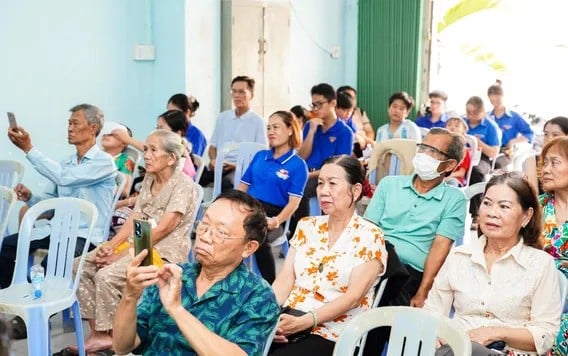
Digital literacy classes for seniors.
In Hoa Hung ward (District 10), Ms. Tran Thi Thanh, 70 years old, who used to be afraid to touch the phone screen, can now submit her application online through the Public Service Portal.
"The first time I was still nervous, afraid of pressing the wrong button. But after a few instructions from the volunteers, I got used to it. Now I submit my application, check the results, book a car to go to the market... all on my phone," said Ms. Thanh.
Her smartphone now has all the applications: VNeID, VssID, Ho Chi Minh City Digital Citizen, flight booking application, technology car... She even installed fingerprint for quick login - convenient and suitable for the elderly who often forget their passwords.
That change not only helps her be proactive in life but also makes her children and grandchildren feel more secure, because she has truly integrated into the technological world in her own way.
When the community becomes a "digital companion"
According to Ms. Le Thi Ngoc Hien, Chairwoman of Hoa Hung Ward People's Committee, the locality has more than 16,000 elderly people, accounting for nearly 17.3% of the population. "We always consider the elderly as a special force in the digital transformation process. They have great influence in the community, so if they change, the whole neighborhood will change," Ms. Hien said.
The ward has coordinated with the Ho Chi Minh City Digital Transformation Center to open regular training classes, set up a community technology team and arrange young volunteers to support people - especially the elderly - in the process of submitting documents and looking up public services. This "hand-holding" model is helping to significantly narrow the digital gap between generations.
In Ben Thanh Ward (District 1), Party cell secretaries and neighborhood chiefs – many of whom are over 60 – are becoming “digital transformation bridges” between the government and the people. They not only install the application and practice basic operations, but also directly guide other people.
"There was an older man who came to ask how to look up information on VNeID, I showed him how. The next day he helped someone else. And so the movement spread very quickly," a neighborhood official shared.
"Digital literacy" - small initiative, big effect
Inspired by the "popular education" movement after the August Revolution, many localities in Ho Chi Minh City are launching the "Digital Popular Education" campaign, considering this the "key" to open the door to technology for the elderly.
The teaching content is simple and practical: how to use VNeID, register for medical examination online, submit public service application, make cashless payment, etc. Each class has only 10-15 students, directly instructed by youth union members and ward officials.
Mr. Nguyen Thanh Phong, Chairman of the People's Committee of Tan An Hoi Commune (HCMC), said: "Since implementing the two-level local government model, the elderly in the hamlets have played a very active role. They are the ones who directly guide people to carry out online procedures, register for electronic identification, and even support each other in handling situations when errors occur."
From learner to inspirer
Not only learning for themselves, many elderly people have also become "teachers" in the digitalization journey. In Tan Hung ward, neighborhood 73, more than 90% of households now participate in the neighborhood Zalo group, regularly exchanging and updating information. The elderly are the most active, reminding people to submit documents on time and sharing instructions on how to use public services.
This movement creates a bond between generations, the youth helps the elderly with technology, and the elderly pass on their experiences and life lessons to the younger generation.
Digital transformation is not just for young people. In Ho Chi Minh City today, the images of elderly men and women actively using AI, submitting electronic documents, or guiding people to install applications are proving that age is not a barrier, but a motivation to learn and adapt in the digital age.
Source: https://mst.gov.vn/nguoi-cao-tuoi-tu-ngai-cong-nghe-den-cong-dan-so-chu-dong-197251014122822623.htm


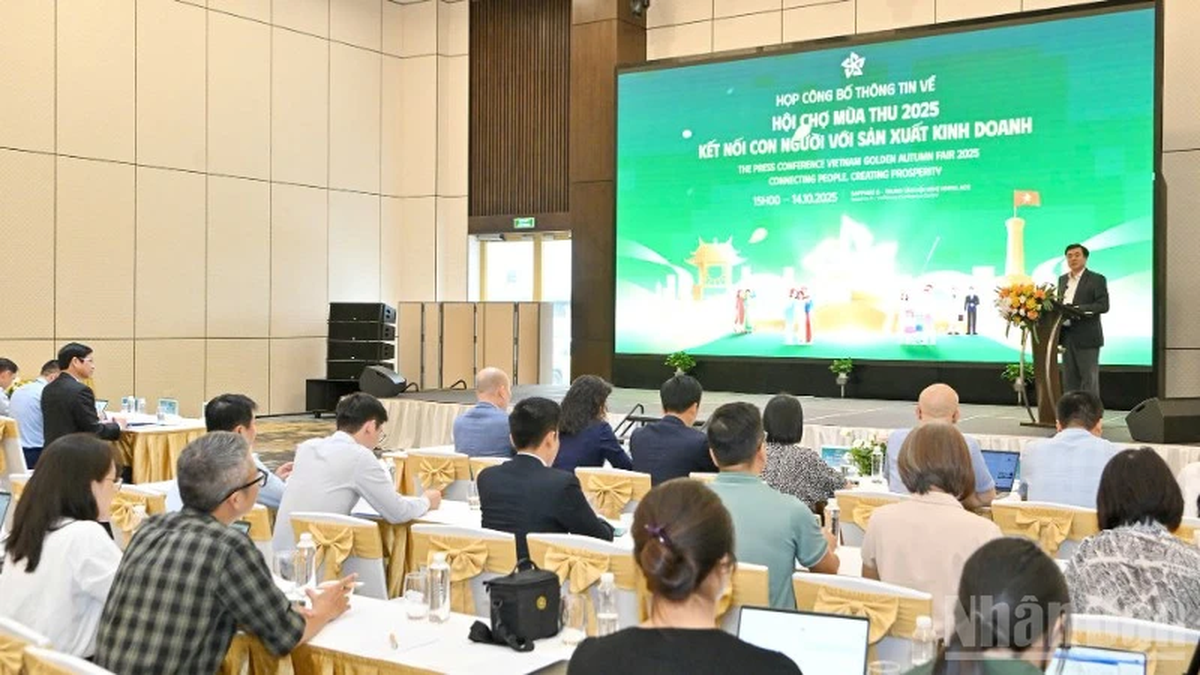




![[Photo] Ready for the 2025 Fall Fair](https://vphoto.vietnam.vn/thumb/1200x675/vietnam/resource/IMAGE/2025/10/14/1760456672454_ndo_br_chi-9796-jpg.webp)
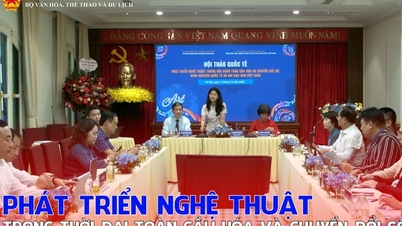

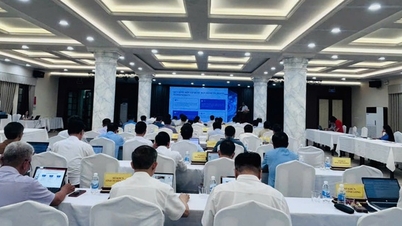
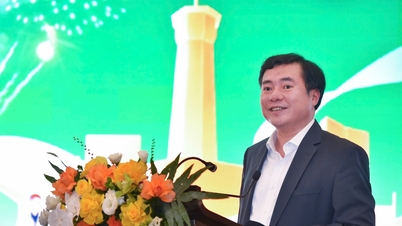

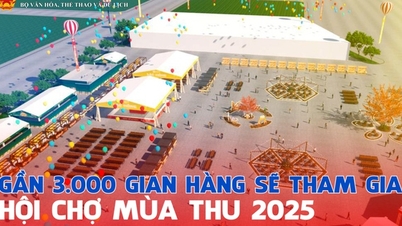
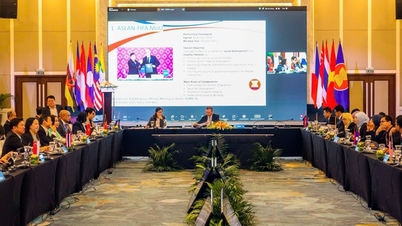
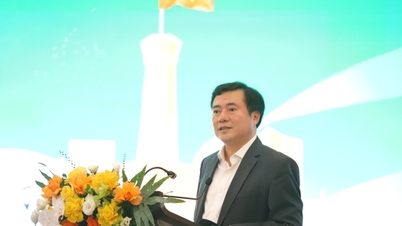




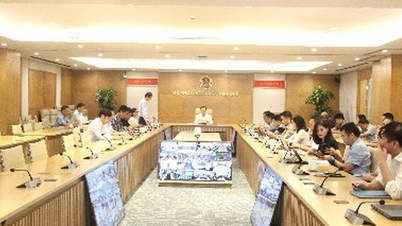
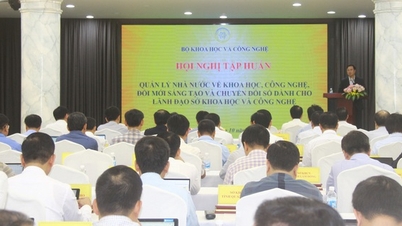
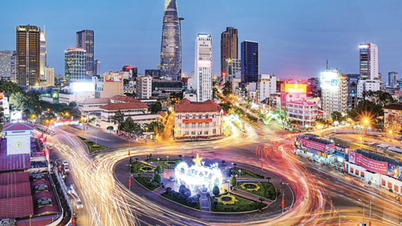


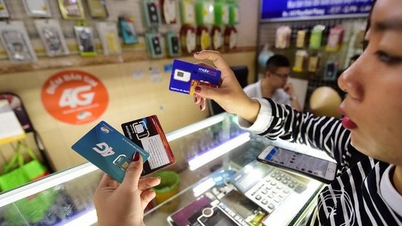

























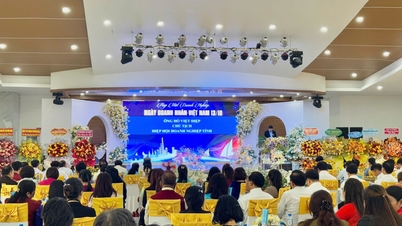
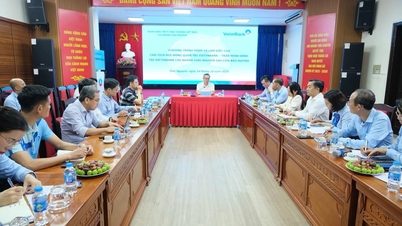

















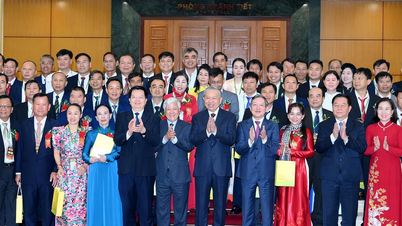

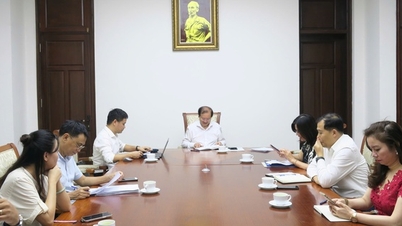


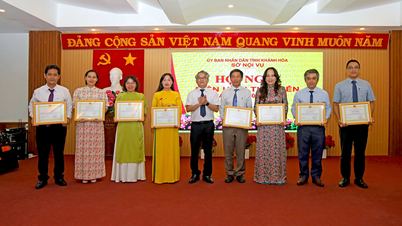

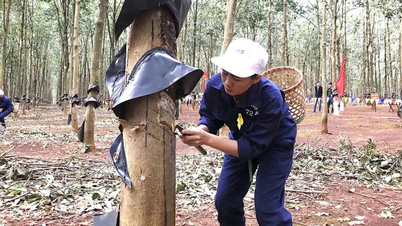

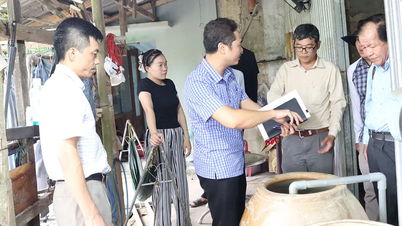
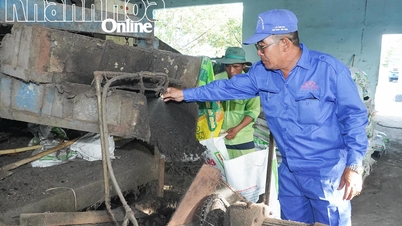
















Comment (0)